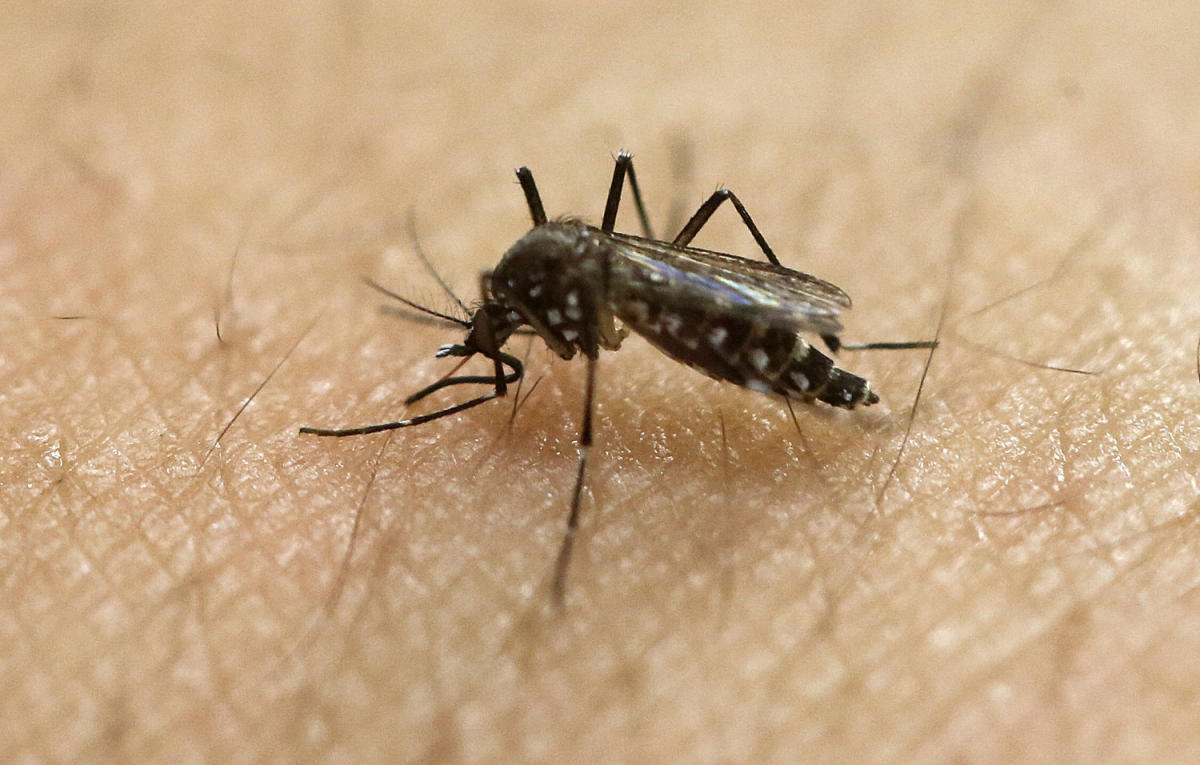The Centers for Disease Control and Prevention issued a health advisory Tuesday alerting authorities, health care providers and the public of the increased risk of dengue fever infections in the United States.
The alert comes as an unexpectedly higher number of dengue fever cases have been reported across the country, according to the CDC.
A total of 2,241 cases have been reported so far this year in the U.S., including 1,498 cases in the U.S. territory of Puerto Rico, where a public health emergency was declared in March after cases exceeded historical figures. Most of the cases reported in states are travel-related, according to the CDC.
It reported 3,036 dengue cases last year in the U.S. and its territories.
This year, the incidence of dengue fever globally has been the highest on record, especially in Latin American countries, where more than 9.7 million dengue cases have been reported. That’s twice as many as in all of 2023 (4.6 million cases), according to the CDC.
Dengue fever infections have skyrocketed as many nations have reported increasingly hot temperatures, which create ideal conditions for the mosquitoes that spread dengue to hatch en masse and carry higher amounts of the virus.
The most common symptom among those who contract the mosquito-borne disease is fever. Other symptoms include serious headaches, nausea, vomiting, rash and body pain.
Symptoms can be mild or severe. Most dengue fever patients recover in a week, but in severe cases the disease can be life-threatening and require hospitalization since it can result in shock, internal bleeding and even death.
Those who have had dengue in the past are more likely to develop severe symptoms. A person can get sick with dengue fever up to four times in their lifetime — once for each type of virus that can cause the disease, according to the CDC.
The latest CDC alert advises health care providers to have increased suspicion of dengue among people with fever, especially if they have recently been in areas with frequent dengue transmission. They’re advised to quickly report any dengue cases to public health authorities and promote mosquito bite prevention measures.
The CDC said it’s also implementing other measures, such as improving and expanding laboratory testing to diagnose cases more effectively, as well as educating the public on the disease and how to prevent it.
Some helpful prevention methods include staying in places with air conditioning when possible, using insect repellent and wearing long sleeves and pants to avoid mosquito bites.
This article was originally published on NBCNews.com

Dr. Sarah Adams is a scientist and science communicator who makes complex topics accessible to all. Her articles explore breakthroughs in various scientific disciplines, from space exploration to cutting-edge research.







